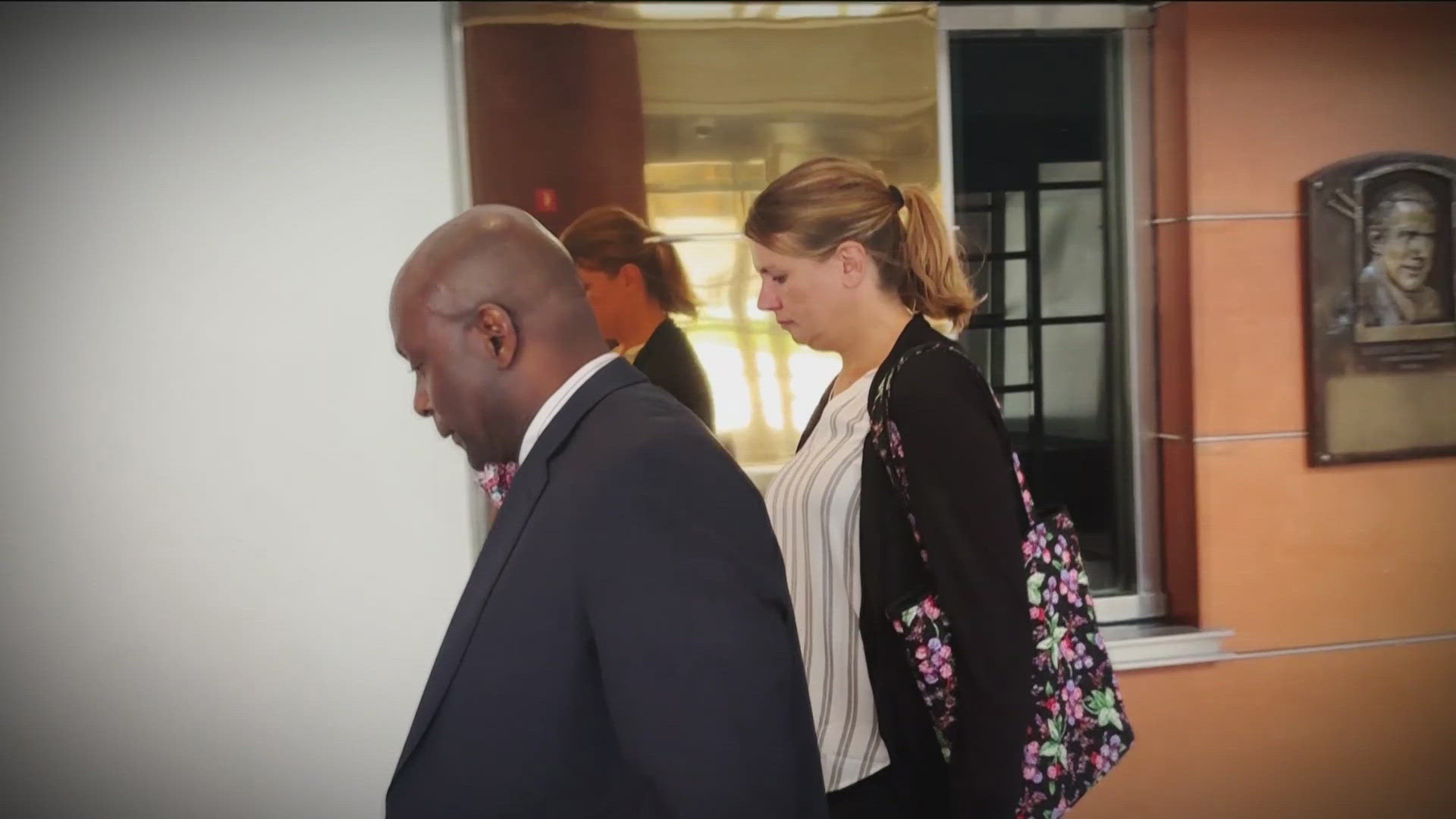MINNEAPOLIS — Finally returning to the federal courthouse in Minneapolis along with seven of her co-defendants two years after being charged, Aimee Bock, through her attorney, argued why they believed charges against her were invalid.
As executive director of Feeding our Future, Bock is accused of accepting bribes and kickbacks from people wanting to operate fraudulent meal sites for kids during the pandemic to defraud the federal program.
The owners of Safari Restaurant in Minneapolis, who are now Bock's co-defendants, are accused of one such kickback.
Attorney Kenneth Udoibok points to a new U.S. Supreme Court decision that specifies a bribe as a quid-pro-quo payment before an official act is made to influence a decision.
"Bribery requires some agreement before an official act," said Udoibok. "The $310,000 could not be a bribe, because Safari Restaurant was already part of the program. So there was no.. what is the bribery for?"
Even though several defendants in the huge case have been convicted, including a former Feeding our Future worker, Udoibok says Bock was not involved.
"None of those defendants have said that Aimee Bock knew about it," Udoibok said.
Udoibok blames the Minnesota Department of Education, which Bock is currently suing, for failing to stop the fraud.
He claims Bock's frozen bank accounts prove she didn't receive fraud money.
"Where is this money that she purportedly got this kickback from?" Udoibok asked.
The judge will rule on motions before Nov. 1 and the trial is scheduled for February 2025.
The prosecution indicated they could file a superseding indictment to deal with issues arising from the Supreme Court decision.

